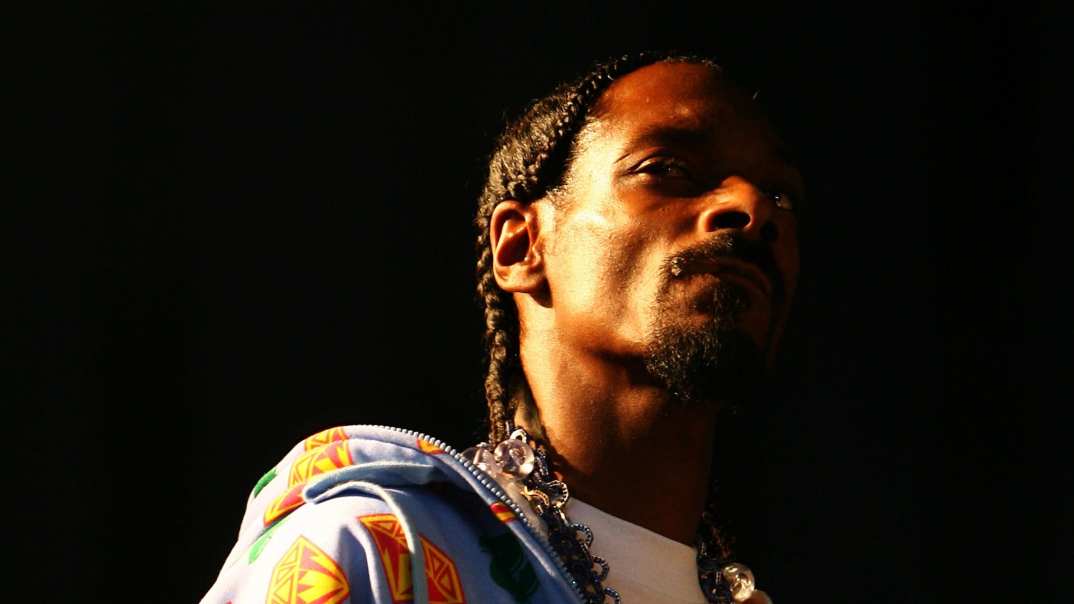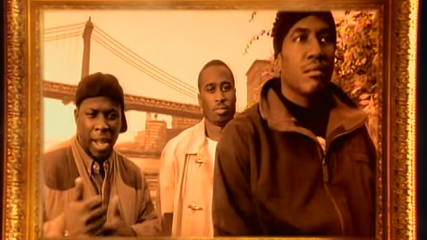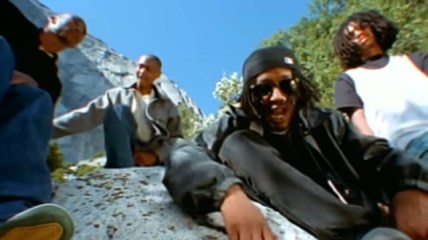93 ‘til Infinity: The one about the biggest album of 1993, Snoop Doggy Dogg’s ‘Doggystyle’
OPINION: The debut solo album from the early star of Death Row Records was the most can’t-miss album of 1993 — even though it came out at the end of the year.

Editor’s note: The following article is an op-ed, and the views expressed are the author’s own. Read more opinions on theGrio.
It is amazing what time and distance can do to your ears and the way you listen to music. In 1992, Dr. Dre’s “The Chronic” was not only my favorite album, but the album I probably listened to more than any other not named “De La Soul is Dead.” I couldn’t get enough of the beats, the sound and, of course, Snoop Doggy Dogg (now going by Snoop Dogg). Snoop was the clear standout on the album. His voice and drawl were so distinct — and still are, honestly — that you couldn’t help but want to hear what he had to say. Especially for me at 13, when the entirety of what he had to say was the most profane, vulgar and, frankly, indefensible stuff ever. For a 13-year-old, that was everything I ever wanted in an artist.
So when Snoop Dogg’s debut solo album, “Doggystyle,” dropped on Nov. 23, 1993, I just had to have a copy of it — much like everybody else. “Doggystyle” sold over 800,000 units in its first week, making it the biggest-selling debut album and fastest-selling hip-hop album ever at the time (Eminem and 50 Cent, two Snoop Dogg affiliates would come through in later years and surpass those records). I remember coming to school one day and literally all anybody could talk about (that was talking about hip-hop) was “Doggystyle.” From the album artwork to the more fluid and colorful continuation of the music from “The Chronic” and the absolutely inescapable and amazing soon-to-be singles of “What’s My Name,” “Gin & Juice,” and “Doggy Dogg World,” there was no conversation that didn’t include Snoop.
In November 1993, I was a freshman in high school, and I vividly and distinctly remember arguments about this album after basketball practice. And when I say arguments, I mean the kinds of arguments that are only important to 14- and 15-year-old boys. Chief among them was who in our crew could claim the song “Doggy Dogg World” as their personal song. I didn’t know what that meant then, but I remember a full-fledged argument breaking out because two of the homies had laid claim to that song being “their song.” Kids say the darndest things.
What was true, though, was that “Doggystyle” was a classic, and Snoop Dogg fully realized his potential. It also, stupidly, helped his streetness (of supreme importance) because a few months before the album debuted, Snoop was charged with murder in California, which only helped solidify the gangland street tales he rapped about. Admittedly, it all looks crazy now to have released this album about killing enemies and then drop the Death Row compilation album “Murder Was The Case” in 1994; how arrogant can you be? Snoop was eventually acquitted in 1996, some three years after “Doggystyle” dropped. Point is, Snoop was a star and had the background to make him seem like the bad boy street legend and cool gangster, an absolutely bankable combination in almost any decade.
I mentioned at the beginning of this article how you change the way you listen to music. I say this because I can’t really listen to “The Chronic” or “Doggystyle” anymore. The violence and misogyny (and often violent misogyny) are ridiculous, bordering on parody to me, at this point. And it’s just not easy listening, especially as I look at my daughter and sons and think about what their relationship would be to this music now. I am their parent, and it’s my job to raise them so I’m not going to assume that the music would do that for me, but I just don’t have the same space for the music as I used to, while still being able to acknowledge what it meant to me and my youth: foundational hip-hip building blocks for my journey. I still love “Doggystyle” and recognize its greatness and importance. It’s why there is no discussion about 1993 without talking about Snoop Dogg’s magnum opus. Snoop, to his credit, while still being a character, seems to have mellowed from some of his more … ignant ways. Somewhat. Either way, “Doggystyle” is one of the most important hip-hop albums…
… because since November 1993, it really does seem like it’s been a Doggy Doggy World.

Panama Jackson is a columnist at theGrio. He writes very Black things and drinks very brown liquors, and is pretty fly for a light guy. His biggest accomplishment to date coincides with his Blackest accomplishment to date in that he received a phone call from Oprah Winfrey after she read one of his pieces (biggest), but he didn’t answer the phone because the caller ID said: “Unknown” (Blackest).
Make sure you check out the Dear Culture podcast every Thursday on theGrio’s Black Podcast Network, where I’ll be hosting some of the Blackest conversations known to humankind. You might not leave the convo with an afro, but you’ll definitely be looking for your Afro Sheen! Listen to Dear Culture on TheGrio’s app; download it here.


